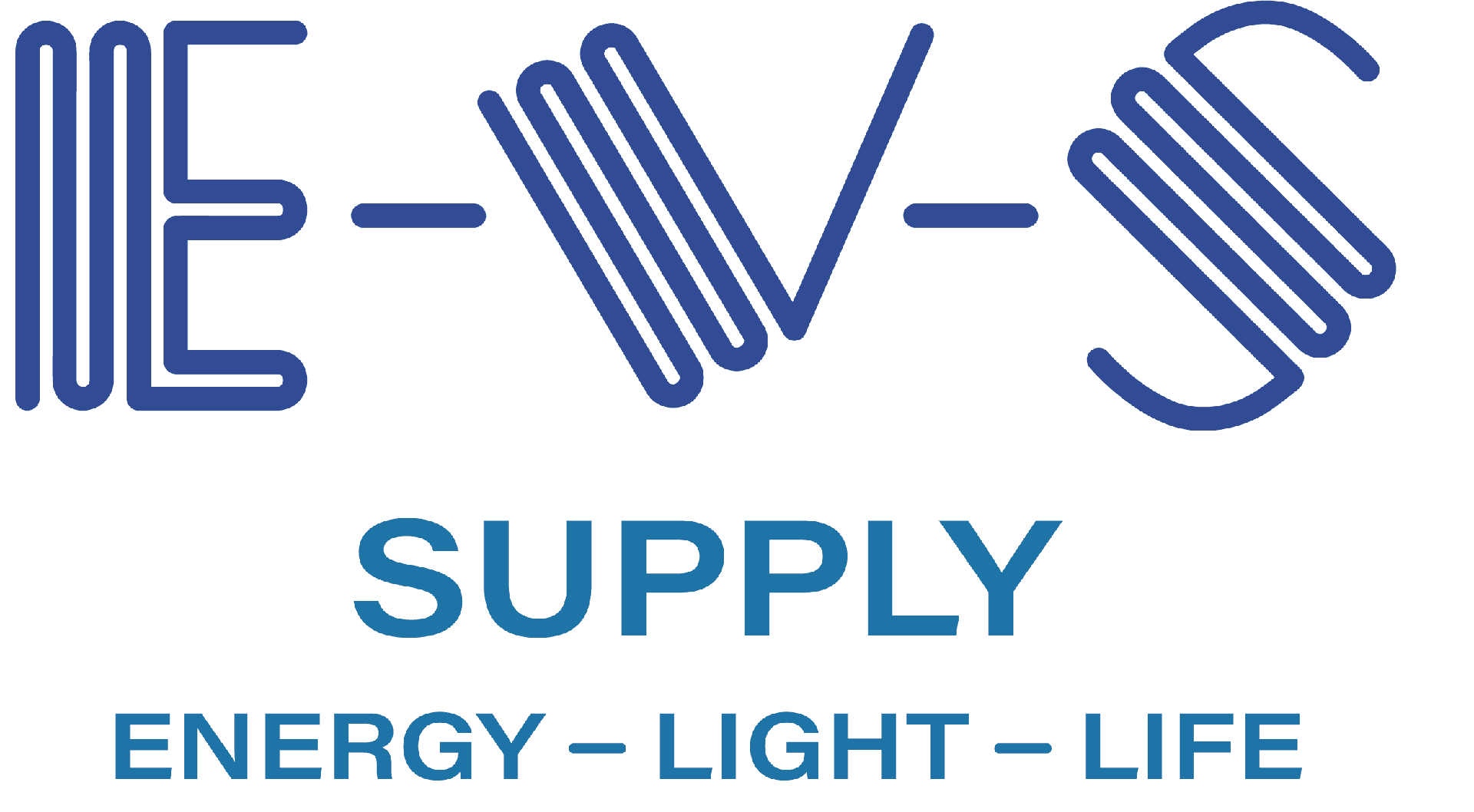Due to modern advancements in defense technology, today’s military equipment such as communication systems, military-grade drones or unmanned aerial vehicles (UAVs), and radar and sensor monitor sets are largely dependent on batteries to function effectively and efficiently. However, each unique application has its own weight, size, capacity, service life, reliability, durability, and temperature-resistance needs.
For critical applications, standard batteries may not be powerful enough. That’s why ITAR-certified supplier and manufacturer EVS Supply provides custom-engineered military battery packs to meet your specific requirements. Learn more about innovation in military battery packs, the various types, and their diverse applications.
Advancing Technology for Military Batteries
Modern military systems and equipment ranging from video or thermal weapon scopes to wireless transceivers and GPS devices are increasingly utilizing battery packs as their primary source of energy or their backup power source. This reliance on battery packs can significantly increase the weight that already overburdened soldiers have to carry, slowing them down and affecting their overall performance in the field. However, technological advancements in military-grade batteries have allowed manufacturers to develop smaller, lightweight battery packs for enhanced portability that are still supremely powerful with excellent reliability.
Testing and Certification of Military Batteries
Military batteries must withstand the harshest and most extreme environments in critical applications. As such, they undergo rigorous testing to ensure they deliver reliable and optimal performance and meet the requirements for various certifications. TLM military-grade battery cells by Tadiran provide excellent operational safety as compared to other lithium batteries given their minimally reactive anode material and the non-toxicity and non-pressurization of their solvents. They have a proven safety record in tests involving charge, crushing, nail penetration, temperatures ranging from -40° C to 85° C, and short-circuiting.
As for certifications, military-grade TLM batteries adhere to MIL-STD 810G requirements for temperature-related and general shock, vibration, spinning (30,000 RPM), acceleration (50,000 gn), altitude, and salt fog. They also meet IEC 60086 and UN 1642 standards for heat, short circuit, impact, crushing, nail penetration, and over-charge.
TLM batteries have a low self-discharge rate and are available in numerous cylindrical configurations as well as medium- or high-power varieties. Featuring a 500-mAh discharge capacity and a 4V open-circuit voltage, these batteries can handle a 15A high current pulse maximum and 5A continuous pulses. They also qualify as non-hazardous goods for shipping. They consist of a multi-metal-oxide cathode, a carbon-based anode, a shut-down separator, and an organic electrolyte to offer superior safety. EVS Supply can easily assemble them into customized battery packs to meet an application’s specific requirements.
Types of Military Batteries
Common types of military batteries include:
- Lithium sulfur dioxide (LiSO2) batteries. These batteries have widespread uses in military applications for their power density, high energy, and capability to perform well in fluctuating temperatures. They also boast an impressive shelf life and easy storage capabilities.
- Lithium thionyl chloride (LiSOCl2) batteries. With a shelf life of 10 years or more, LiSOCl2 batteries are another popular military battery type for their ability to operate on stable, high voltage.
- Lithium manganese dioxide (LiMnO2) batteries. These military batteries come standard in several sizes and power applications such as weapon systems and communications or imaging equipment. Like some other lithium batteries, they provide high energy density coupled with a lasting storage life, and at startup, LiMnO2 batteries don’t experience any voltage delay.
- Nickel cadmium (NiCd) batteries. Due to their average energy density, high rate of discharge, and long life span, NiCd batteries are optimal for applications exposed to extreme hot or cold temperatures.
- Lithium-ion (Li-ion) batteries. These technologically advanced replacements for NiCd batteries are lightweight, have a long life cycle, and offer high functionality even in extreme temperatures between -51° C and 75° C, making them ideal for military applications.
- Lithium-ion polymer batteries. Comparable to Li-ion batteries in their design, lithium-ion polymer batteries have a higher watts-per-hour cost.
Military Applications
At EVS Supply, we develop and manufacture custom military battery packs for various applications, including:
- UAVs and drones
- Ground and underwater vehicles
- Rugged or tactical computers
- Control stations
- Radios
- Enhanced communication devices
- Combat training systems
- Fire suppression systems
- Military uninterruptible power supply (UPS) systems
- Weapons systems
- Night vision equipment
- Head-mounted displays
Custom Military Battery Packs From EVS Supply
Military battery packs from EVS Supply are designed to meet the demanding requirements of military applications ranging from military UAVs, navigation and GPS systems, communications equipment, and much more. We supply our military clients with products that meet MIL-SPEC and other related industry standards, and our engineering capabilities allow us to customize them for virtually any application. Contact us for more information on our battery solutions and brand-name products, or request a quote today.

